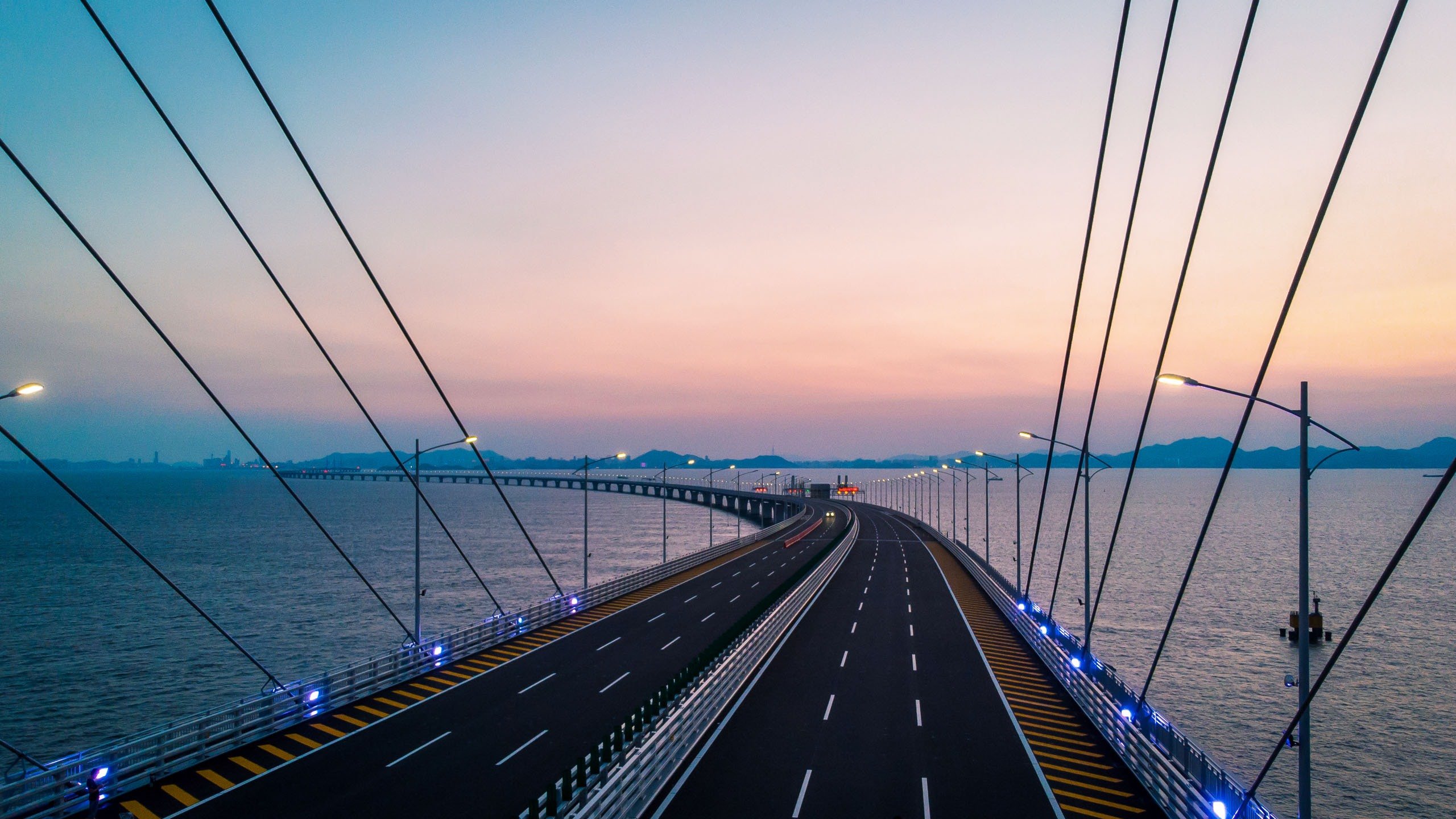The UK Club has received the following update from Oasis P&I Services Company Ltd., regarding breach of low-sulphur fuel requirements in ECA in China.
QUOTE
As is widely known, according to relevant regulations issued by Ministry of Transportation, P. R. China, the sulphur content of the fuel oil used by ships shall not exceed 0.5%m/m when they enter into the Emission Control Areas in China since 01 Jan 2019. In recent months, we have seen reports of cases in Guangzhou, Shanghai, Qingdao and some other ports, where local MSA offices strengthened supervision and inspection in this respect, and imposed penalties on ships which were found to be in breach of the relevant requirements, in order to ensure the above regulation is adhered to.
In view of the above, we have the following suggestions:
1) In order to avoid the penalty and possible delay of schedule, vessels are recommended to follow the relevant requirements and use low-sulphur fuel oil not exceeding 0.5%m/m in Emission Control Areas in China. Shifting to low-sulphur fuel should be completed before ships enter into ECA and switching back to high-sulphur fuel should be done after they are out of ECA. Ships are also recommended to keep record of the switching time, ship position, fuel sulphur content before and after switching, low-sulphur fuel consumption, etc. in engine logbook.
2) If a vessel cannot obtain or use the required low-sulphur fuel oil for special reasons, she may apply to local MSA for exemption with supporting evidences 24 hours before arrival.
UNQUOTE
Members are reminded of previous advice issued by the Club in regards to the upcoming low-sulphur cap implementation, which can be found on our dedicated resource page. For further information, do not hesitate to get in touch with your usual Club contact.




